When it comes to British history and invasion of Britain, there are lots of things to be acquainted with history which are informative as well as thrilling. The Romans, the Saxons, and the Normans – As per myth, they have invaded Britain and perhaps the Nazi’s during World War II. If counted Britain was invaded four times, but in reality, it was invaded successfully ten times. If a military head or a cluster is able to fulfill their aims on British territory in the British Isles which involves a marine landing,
Read Also: 15 Best Honeymoon Destinations Around The World
We have defined it as a triumphant invasion in this article.
- The Roman Invasion
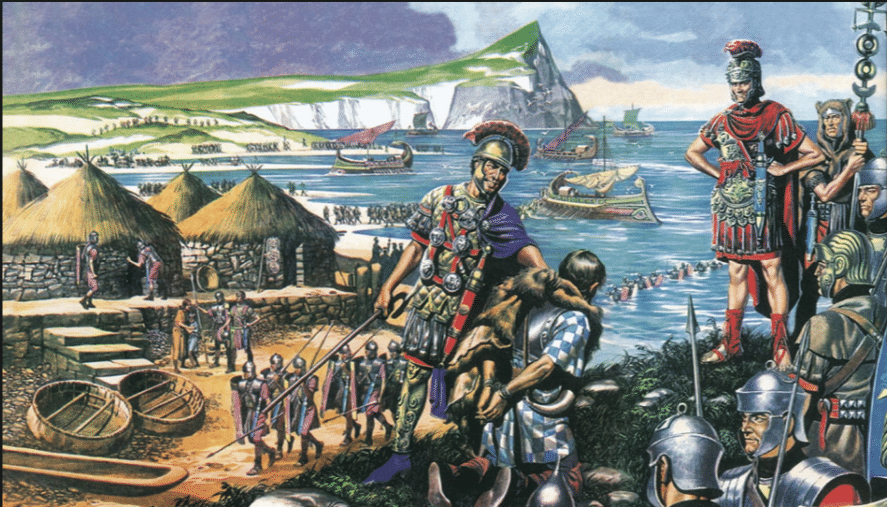
The Roman conquests in Britain started from AD 43 to AD 84 with the concluded invasion by Agricola. To completely conquer England and Wales, it took four decades, nine militaries including six emperors along with two permanent occupying forces till the end of the Roman Empire. After Welsh, when Agricola came to power in AD 78, the tribes which were earlier conquered by Welsh became independent and Agricola reconquered them again. With the Romans, the tribes also lived but when they posed a risk to the Romans when relationships became worst resulted in the destruction of three Roman towns including their capital.
- The Carausian Revolt
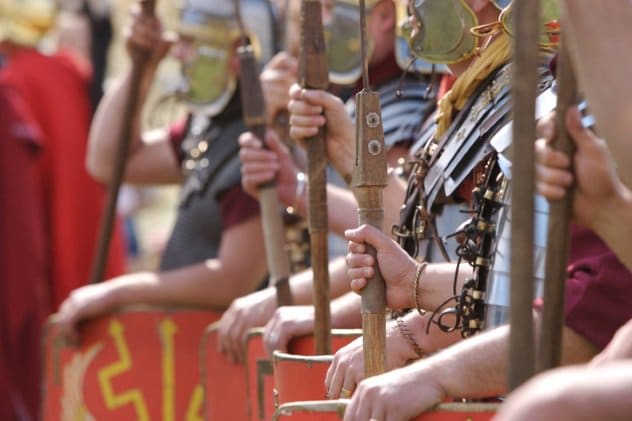
Rome ‘s power was on the verge of extinct when Britain was attacked by Saxon Pirates at the end of the third century with Constantius I’s invasion. A commander of the Roman fleet, Carausius became very famous as he protected the island and proved his capability. But his popularity became an annoyance for Rome and they ordered his execution as he may declare himself the Emperor. It was also said that he used to grab the goods for himself from the pirates. Britain was independent for seven years under the rule of Carausius.
- The Great Heathen Army
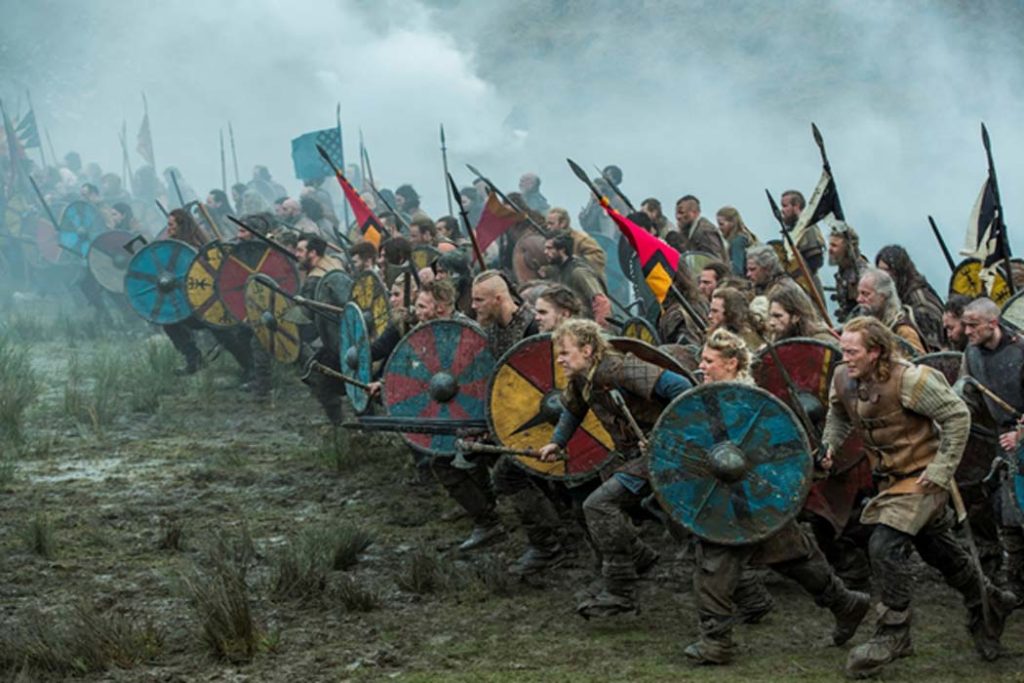
The only Anglo-Saxon kingdom which was resisting the havoc of the Great Heathen Army was Wessex. They suppressed and created havoc in the kingdoms of East Anglia and Southern Northumbria for 13 years. Alfred the Great with his Wessexian army fought with the Great Heathen Army in the Battle of Edington defeating the later resulting in the Treaty of Wedmore. As per the treaty, Guthrum, a Viking King took an Anglo-Saxon name, became Christian, and became the godson of Alfred.
- The Norman Conquest
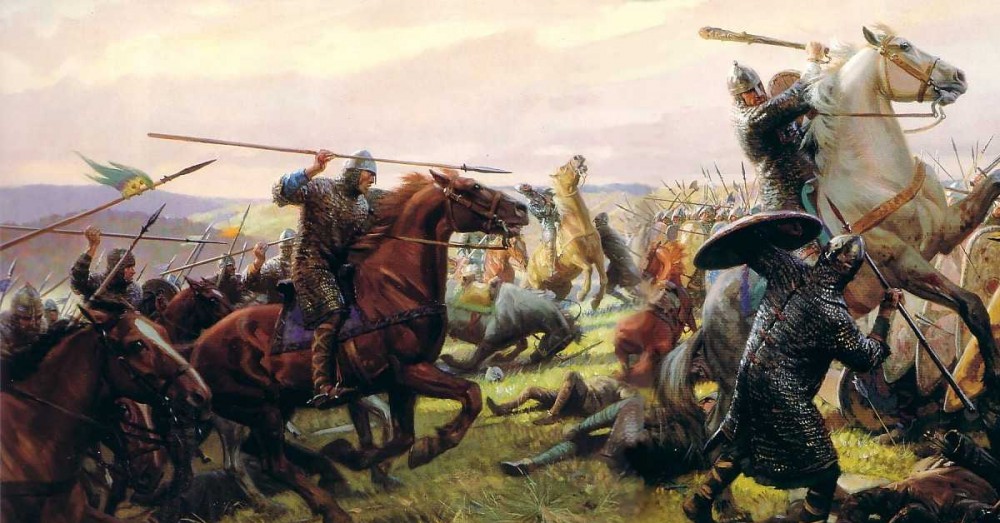
For the English Throne, there were three claimants at a time where King Harald of Norway was defeated by King Harold outside York. At that time Duke William arrived in Southern England and King Harold went to meet the former marched for a couple of weeks. William defeated King Harold in a close battle and the latter died on the battlefield. William was now the legal heir of the throne but have to face dissent for six years.
- Matilda and Henry’s Invasion
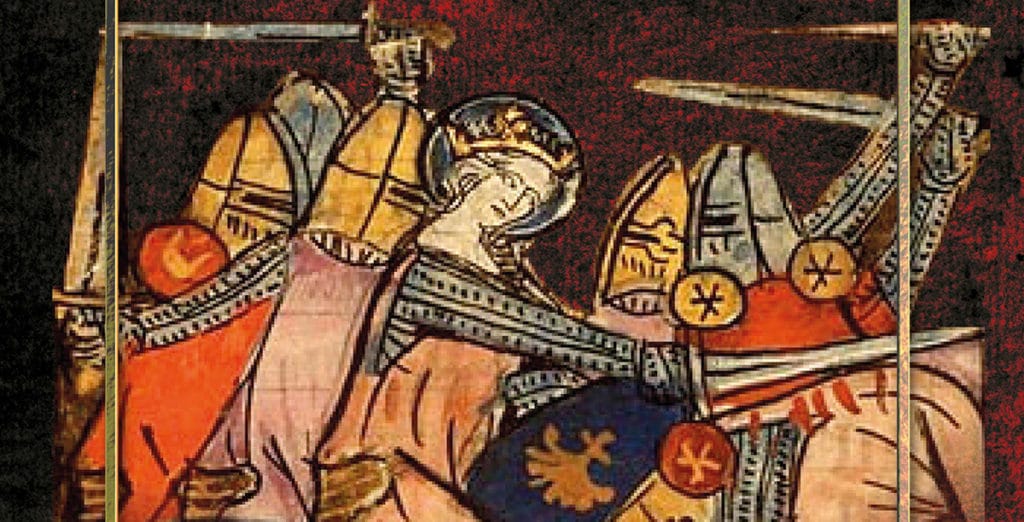
In 1935 when Henry I died, Queen Matilda also called Empress Maud was supposed to succeed the throne but Stephen her cousin seized the throne due to more support from the barons. A civil war broke as Matilda affirmed her claim with the help of her Half-brother Robert, which lasted for 15 years, resulted in Anarchy. Due to her arrogant personality and craze for money she failed despite her initial success. Later Henry, son of Matilda ruled for 35 years.
- Isabella and Mortimer’s Invasion
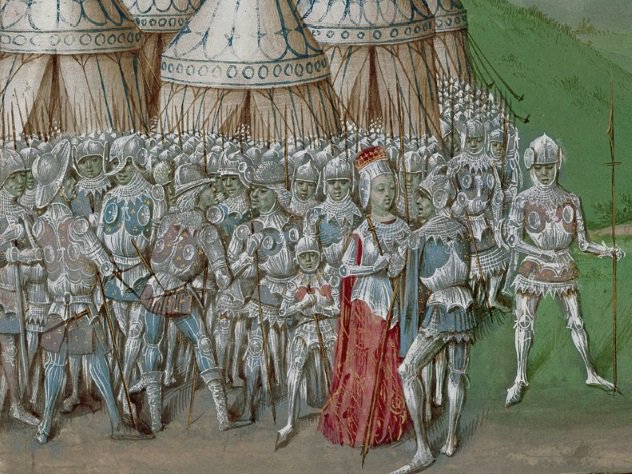
Queen Consort Isabella, wife of King Edward II went to France for a political mission in 1325 after which she refused to return and ignored her husband’s threats and pleas. This became a problem for the British King as she entered into a relationship with King Roger De Mortimer. Also, Hugh Despenser, the Younger, and his father used their authority and controlled King Edward. Isabella and Mortimer seized the throne from Edward in September 1326 and Edward had to flee as many lords supported Isabella.
- Edward IV’s Invasion
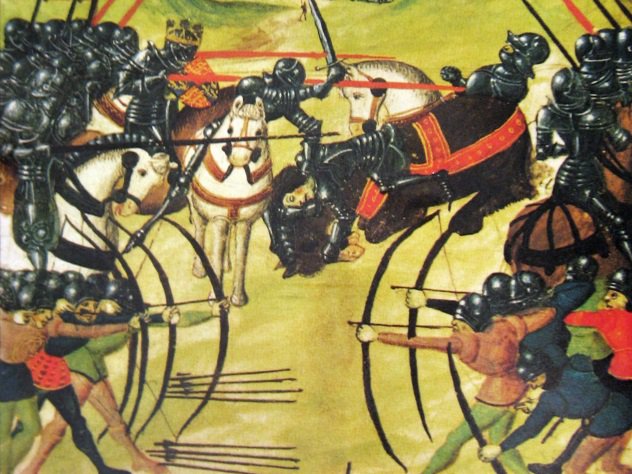
In 1461, the Lancastrians were defeated by Edward and his allies. Richard Neville, the powerful man of England was with Edward. Edward was anxious for the throne and was trying to reduce the influence of Neville. Edward negotiated with Burgundy while Neville switched to the Lancastrian side backed by King of France. In 1470, he invaded England and declared Edward and his supporters as traitors and as a result, Edward had to flee. Then Edward was supported by the King of Burgundy who met Neville in the battle at Barnet in which Neville was killed.
- The Raid on Mount’s Bay
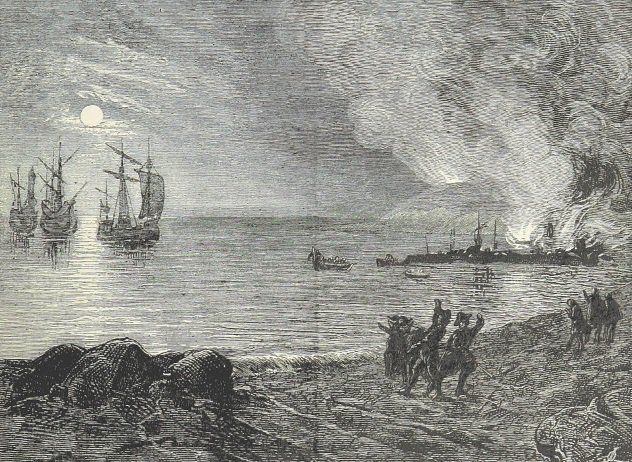
England gained popularity for its naval strength when they defeated the Spanish Armada, but it became a disaster when 400 Spanish armies landed in Cornwall on 23 July 1595. The soldiers burnt the village of Paul, Newlyn, and moved to Mount’s Bay. They were dealt with by local military initially but after threatening from Spanish troops they fled and the Spanish troops destroyed 400 houses. The Spanish displayed their confidence by declaring that they will build a Church after conquering England in an open meet. Without losing single men, the Spanish troop returned on 4th August with their mission completed.
- The Raid on the Medway
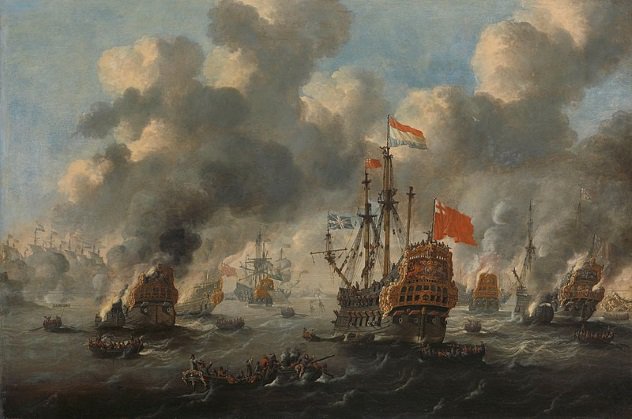
13 English ships were destroyed and 3 big ships were seized by the Dutch fleet that sailed up the River Medway to the naval base of England in June 1667. It was considered as the most humiliating defeat as the Dutch seized the flagships and other vessels, also the visible parts of the remaining ships were burnt down to prevent from being rescued. After a month the Treaty of Breda was signed as there was a panicky situation in the whole of England.
- The Glorious Revolution
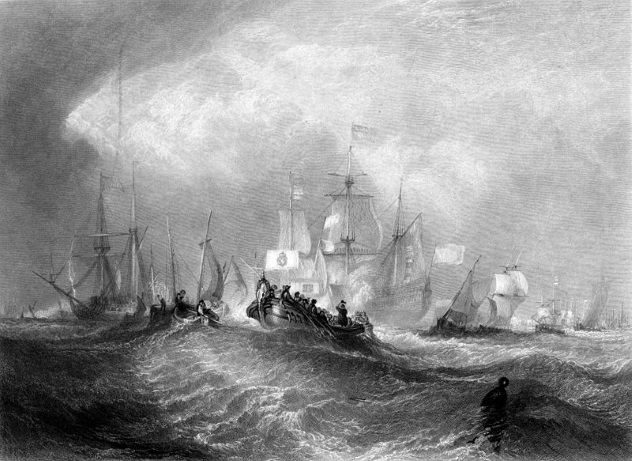
Several members of the British Parliament wrote to William of Orange (James II’s daughter-in-law), the Protestant Dutch King to intervene as James II would make his Catholic son the new heir. Both William and James met in a battle outside London due to anti-catholic riots across the country. Later James fled the country and Mary and William were crowned the Joint Monarchs, the first-ever in the history of England. Both signed the Bill of Rights which is considered as the foundation of the modern British Constitution.